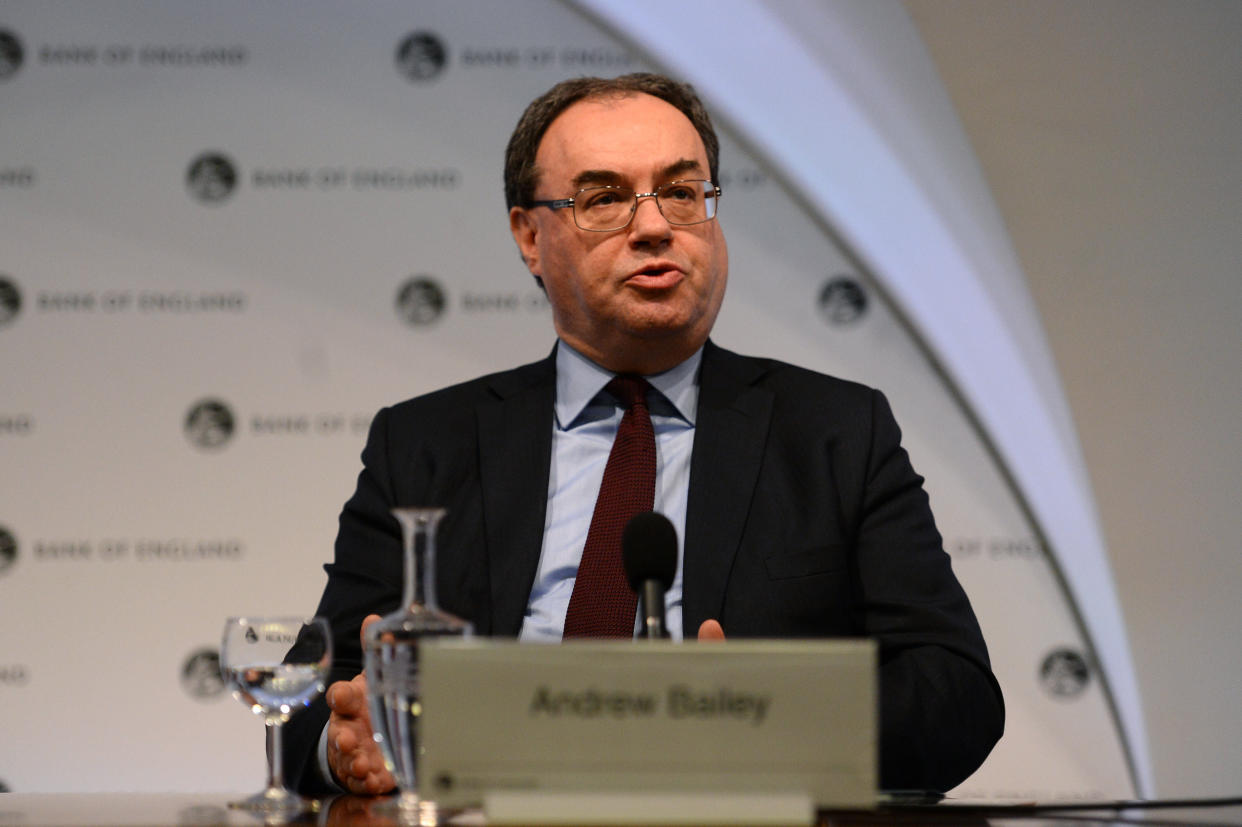Investment funds face tougher UK rules as Woodford fallout grows

Investment funds could face tougher rules from a UK watchdog as the fallout grows from well-known investor Neil Woodford’s suspension of withdrawals from his flagship equity fund.
Andrew Bailey, chief executive of the Financial Conduct Authority (FCA), said the regulator would “take into account the lessons” of the Woodford suspension when writing new rules on investor withdrawals.
He wrote in the Financial Times today that the Woodford meltdown “raises a challenge as to whether the rules requiring assets to be liquid are working as they should.”
The FCA had already begun consulting on reforms that could limit the risk of such runs on funds by investors demanding immediate withdrawals, and contain the damage to the wider financial system.
READ MORE: Who will benefit most from Boris Johnson’s tax cut plans?
Similar problems hit other open-ended funds with illiquid assets in the aftermath of the shock Brexit result in the EU referendum in 2016.
Woodford had to freeze his equity income fund because he was unable to sell some of its more illiquid assets fast enough to meet a run of requests for withdrawals.
The current rules on open-ended investment funds cap the number of unlisted assets they can hold at 10% of their overall portfolios.
Reuters reports that Woodford’s fund transferred some unlisted assets into vehicles that were then listed in Guernsey, “raising questions as to whether he was flouting the spirit of such rules.”
Bailey wrote: "Simply listing an unquoted company overseas does not in itself make the stock more liquid.”
He said investors had a right to choose the jurisdictions they invested in.
READ MORE: Woodford fund says it is ‘pleased’ with its progress as fallout continues
It comes as the Woodford Patient Capital Trust saw its shares plunge by 5% on Monday morning after their worst-ever week last week, despite efforts to reassure investors.
Some of companies invested in by Woodford are listed on an exchange in Guernsey and thinly traded.
The FCA has previously said a “major overhaul” of regulation was not needed, but still plans reforms including forcing funds to give investors more information about their liquidity risks.
It is also considering forcing funds to suspend trading if ‘immovables’ like commercial property make up a large party of their assets and independent valuers express uncertainty about their value.
Another proposal would see managers of funds forced to draw up contingency plans for liquidity risks if the funds invest mostly in “inherently illiquid assets.”
The FCA said in a recent report that such reforms could increase investors’ confidence in how funds are managed, cutting the risk of “perceived unfair treatment” if they exit the funds.
It hopes the measures would also reduce the chances of a run, which could “substantially reduce the value of investments for those left in the fund and possibly destabilise the market more widely.”

